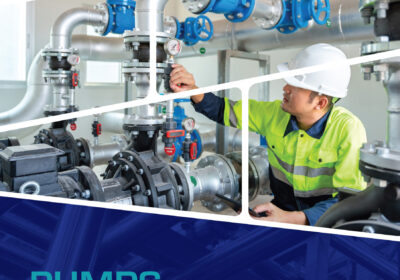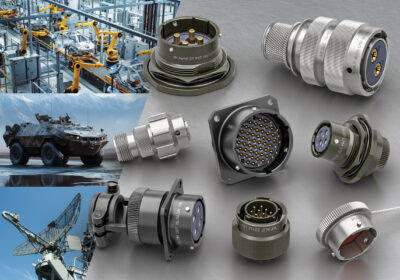Due to the turbulent nature of its environments, the marine sector often faces unpredictable challenges. Regular checks for machinery are crucial not only to its long-term success but also to reducing replacement and repair costs and improving safety for the workforce.
Paul Taylor, Machined Seals Product Manager at FPE Seals, a leading supplier of piston seals in the marine sector, has provided some industry-level insight into the importance of machine checks to keep businesses within budget and safe for workers.
Bringing down repair and replacement costs
One of the biggest advantages of a stringent maintenance program is mitigating costs associated with unexpected breakdowns and repairs. By approaching the identification of potential issues and addressing them proactively through routine inspections, maritime companies can avoid the exorbitant expenses incurred from emergency repairs and operational disruptions. Scheduled maintenance also allows organisations to extend the lifespan of their equipment, optimising their return on investment and fostering long-term financial sustainability.
The significance of regular checks
Beyond economic considerations, implementing regular machine checks significantly enhances safety within the maritime workplace. Malfunctioning equipment poses a serious threat to both onboard personnel and the marine environment, potentially leading to accidents, injuries, or even environmental disasters. Through proactive maintenance practices, operators can detect and rectify potential hazards before they escalate into catastrophic incidents, safeguarding seafarers’ lives and preserving the delicate marine ecosystem.
Keeping up accountability
Prioritising routine inspections fosters a culture of accountability and diligence among maritime personnel. By instilling a sense of responsibility for equipment upkeep, crew members become actively engaged in the maintenance process, fostering a collective commitment to safety and operational excellence. This collaborative approach not only enhances overall efficiency but also cultivates a positive organisational culture centred around employee well-being and environmental stewardship.
Compliance with regulations
Machines and equipment used in the marine industry must meet regulations set out by the UK government, meaning that regular safety checks are required to ensure they meet sector standards. The equipment onboard UK ships must conform to assessment certifications and carry the Red Ensign, or be covered by the UK-US Mutual Recognition Agreement, which is approved by the United States Coast Guard (UCSF). Keeping up with inspection calendars and keeping detailed notes on maintenance for these machines can help avoid potential penalties and damage to machinery.
In addition to mitigating risks and enhancing safety, regular machine checks contribute to regulatory compliance within the maritime industry. With stringent international standards and conventions governing vessel maintenance and operational practices, adherence to prescribed maintenance protocols is imperative for ensuring legal compliance and upholding industry certifications. By conducting routine inspections and documenting maintenance activities, maritime entities can demonstrate their commitment to regulatory compliance, thereby averting potential penalties and reputational damage.
Embracing emerging technology
Traditional maintenance practices within the sector can be optimised further by embracing and integrating emerging technologies. Data analytics, machine learning algorithms like artificial intelligence (AI), and sensor technologies can help to proactively address issues and failures within machinery. This proactive approach enables optimised maintenance schedules, minimising operational disruptions and keeping the machinery reliable through processes and practices.
The importance of regular machine checks in the marine sector cannot be overstated. Beyond mere cost reduction and operational efficiency, these checks are instrumental in safeguarding human welfare, enhancing safety, and ensuring environmental sustainability within maritime operations. By prioritising proactive maintenance practices, maritime organisations can navigate through turbulent waters with confidence, secure in the knowledge that their vessels are equipped to withstand the challenges of the open sea while preserving the well-being of both personnel and the planet.

Sources
https://www.fpeseals.com/seals/piston-seals/
https://www.gov.uk/government/collections/uk-marine-equipment-regulations






